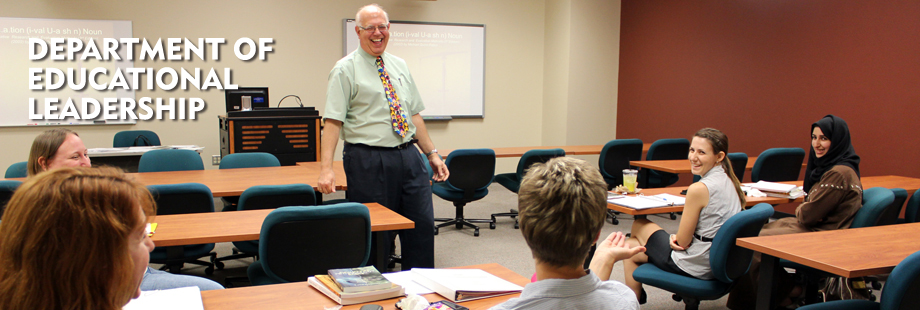Charters: A Value Added Opportunity for Urban Teachers?
Document Type
Article
Publication Date
8-1999
Publication Source
Education and Urban Society
Abstract
Charters (and vouchers) are influencing the way public schools do business. Evidence of their effectiveness is emerging in both hard data and anecdotal evidence (see Rosenblum Brigham Associates, 1998). Contradictory findings about the efficacy of the charter concept also surface, but that circumstance should not be surprising: Any issue as political as charter schools engenders mixed "reviews." Some of the mixed messages exist because of the real political and social biases of researchers. Those who want pro-charter findings are inclined to find them; those who don't, won't. In the words of Frank Herbert (author of the Dune trilogy), "Hope clouds observation" (1965, p. 10). Other findings exist because of real differences in performance levels of schools; those differences are influencing the viability of charters and the political realities emerging in America's urban centers.
Our perspective in this article is to neither embrace nor refute extant research on charters. Rather, our focus is on whether charters have the capacity to enhance the instructional performance of teachers. That is, will teachers who practice in charters have a better opportunity to be excellent as teachers than those who remain in traditional public schools? This question is of even greater relevance given new evidence regarding the saliency of teachers' capacity to influence student achievement (see Archer, 1999).
Inclusive pages
499-511
ISBN/ISSN
0013-1245
Copyright
Copyright © 1999, Corwin Press
Publisher
Sage
Volume
31
Issue
4
eCommons Citation
Lasley, Thomas J.; Ridenour, Carolyn; Talbert-Johnson, Carolyn; and Raisch, Chad, "Charters: A Value Added Opportunity for Urban Teachers?" (1999). Educational Leadership Faculty Publications. 107.
https://ecommons.udayton.edu/eda_fac_pub/107
COinS




Comments
Permission documentation is on file.